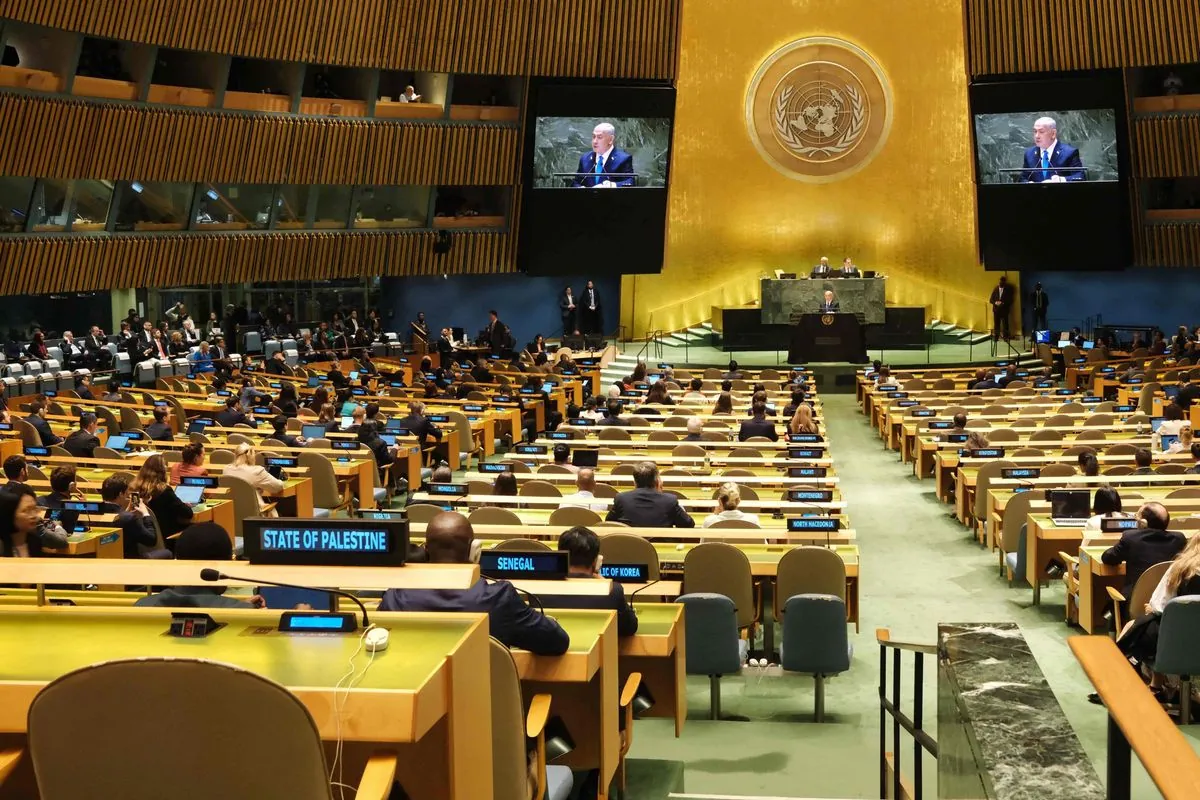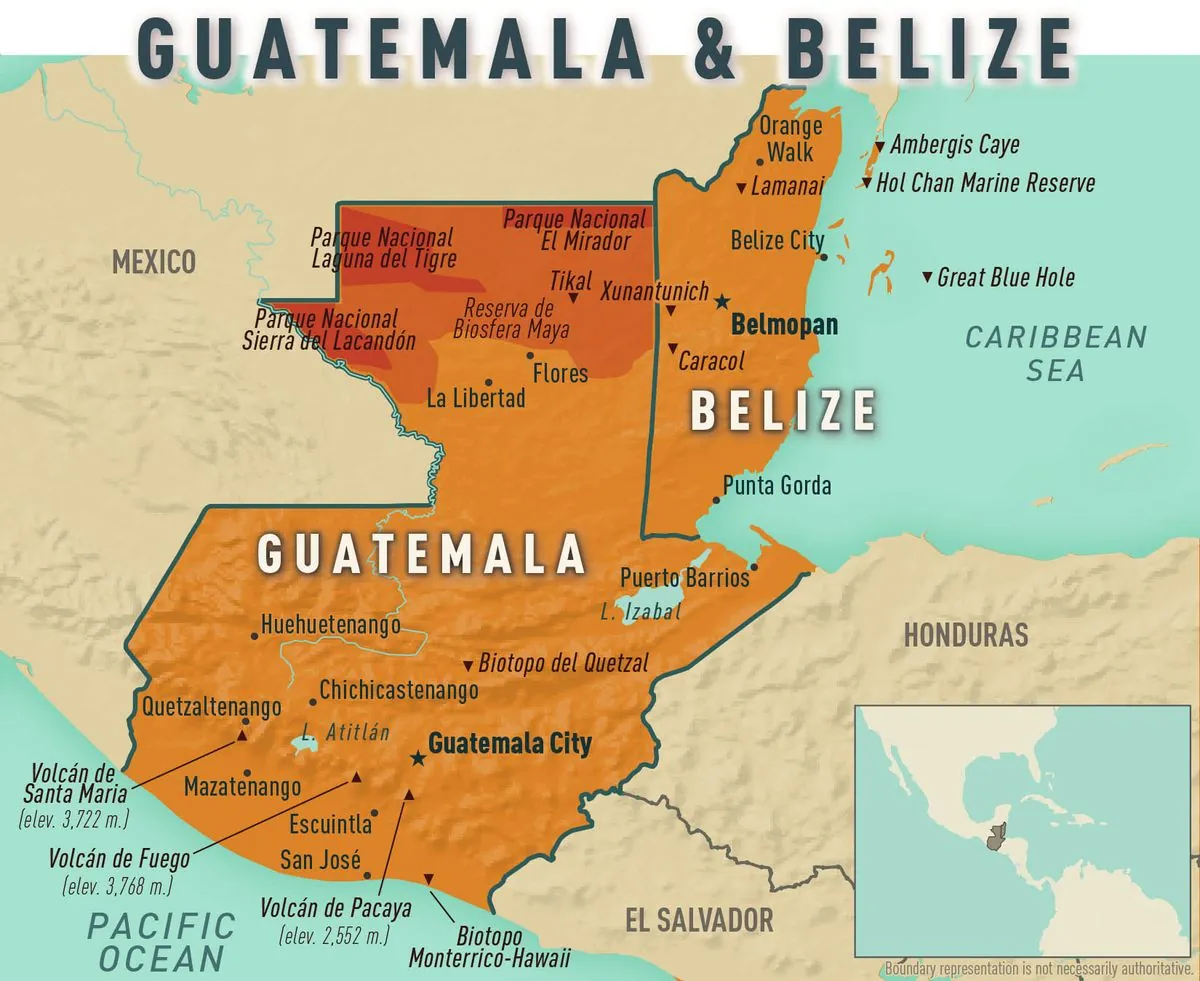UN Assembly: Global Stage for Local Disputes and Diverse Challenges
The UN General Assembly serves as a platform for nations to address both global conflicts and local issues. Countries highlight border disputes, name controversies, and domestic challenges on the world stage.

The United Nations General Assembly (UNGA), established in 1945, continues to serve as a global forum for nations to address a wide range of issues. While major global conflicts dominate headlines, the 193-member body also provides a platform for countries to discuss local disputes and challenges that often go unnoticed on the international stage.
Bernardo Arévalo, Guatemala's president, used his address to highlight the longstanding border dispute with Belize. This conflict, rooted in colonial history, involves Guatemala's claim to approximately 11,000 square kilometers of Belizean territory. Despite the tension, Arévalo emphasized the peaceful approach taken by both nations, stating:
"We've shown that the way of peace and respect for multilateral institutions is the most effective way to resolve international disputes."
This dispute, dating back to Guatemala's independence in 1821, showcases how historical conflicts continue to shape modern international relations.

The UNGA also heard from Gordana Siljanovska-Davkova, North Macedonia's president, who addressed the challenges facing her country's European Union integration. The nation, which declared independence from Yugoslavia in 1991, faced a 28-year naming dispute with Greece that was resolved in 2019. This controversy, centered around the historical region of Macedonia and its connection to Alexander the Great, highlights the complex interplay between national identity and international politics.
Cuba's ongoing campaign against the US trade embargo, in place since 1962, was another focal point of the assembly. Several nations, including Chad, Mexico, Russia, and China, voiced support for lifting the embargo. This diplomatic effort underscores Cuba's strategic use of international forums to challenge US policy, while also showcasing its medical diplomacy program, which has been active since 1963.
The assembly also provided a platform for addressing sensitive domestic issues. Adama Barrow, Gambia's president, spoke about women's rights but notably avoided direct mention of female genital mutilation (FGM), a practice that affects an estimated 75% of women in the country. This approach highlights the delicate balance leaders must strike when discussing controversial domestic issues on the global stage.
Libya's complex political crisis, stemming from the 2011 NATO-backed uprising that toppled Moammar Gaddafi, was another significant topic. Younis Menfi, president of Libya's presidential council, addressed the ongoing challenges:
"Challenges are huge and complex before us. However, we're still trying to reach consensual solutions to unite our words and ranks and gather all parties around on table to find a national solution."
The situation in Libya, which has the largest oil reserves in Africa, remains volatile, with recent events including the unilateral firing of the central bank governor and the closure of a major oil field. The UN Support Mission in Libya (UNSMIL), established in 2011, continues its efforts to stabilize the country, while the International Criminal Court maintains ongoing investigations into the situation.
As the UNGA continues to evolve, it remains a crucial platform for nations to voice their concerns, seek support, and engage in diplomatic dialogue. From border disputes to economic sanctions, from women's rights to political crises, the assembly reflects the diverse challenges facing the global community in 2024 and beyond.


































